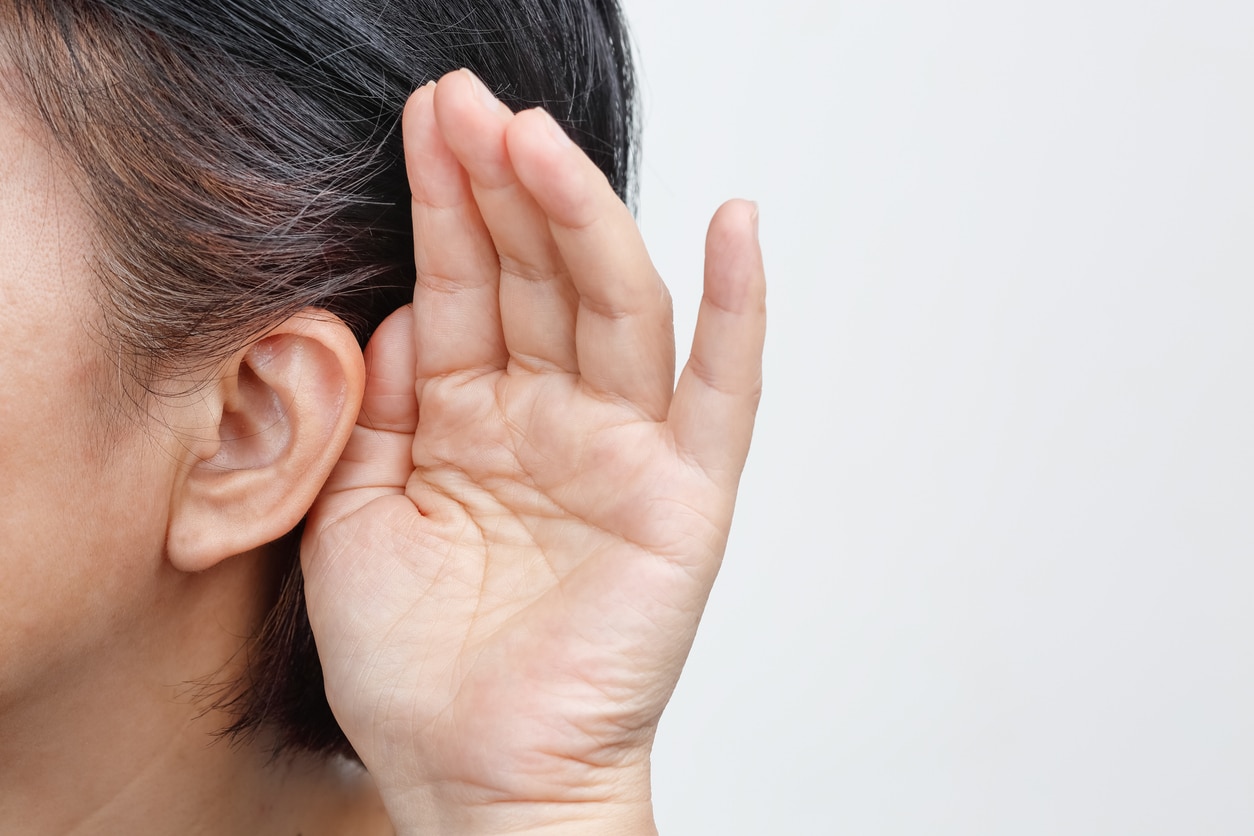There are certain lifestyle choices that most know impact their health: smoking can cause cancer, exercising is good for the heart, etc., but we don’t often think about how our daily choices impact our hearing.
While it may not seem so initially, your lifestyle can benefit or harm your hearing. Let’s look at two crucial lifestyle areas you should focus on to safeguard this vital sense.
Your Noise Exposure

Too much exposure to loud noise above 85 decibels (dB) can result in temporary or permanent hearing loss. Luckily, noise-related hearing loss is highly preventable with a few simple strategies:
- Practice safe headphone use. Limit daily headphone use to under an hour or two. Over-the-ear headphones are generally better at blocking out sound, meaning you’ll be less tempted to raise the volume, so consider choosing them over in-the-ear options.
- Place decibel limits. Most smartphones have headphone safety settings that allow you to set a decibel limit. After you set the limit, ideally under 80 dB, you won’t be able to raise the volume past it.
- Wear ear protection. Earplugs and earmuffs dampen the force with which sound hits your ears. Try popping a pair of earplugs in your purse or car to prepare for noisy environments.
- Invest in high-fidelity earplugs for concerts. High-fidelity earplugs dampen sound without distorting music. If you frequent concerts at The AV Lounge, consider leveling up your hearing protection.
Your Diet and Exercise
A sedentary lifestyle and a diet high in saturated and trans fats, alcohol, sodium, added sugars and processed or fatty meats can raise blood pressure. Research has shown a clear connection between high blood pressure (hypertension) and hearing loss:
- In one 2021 study, researchers compared the hearing abilities of 300 individuals with hypertension to 300 without. The findings revealed that those with high blood pressure were more likely to experience hearing loss, leading experts to recommend regular hearing screenings for individuals diagnosed with hypertension.
- Another 2013 study highlighted how high blood pressure can speed up the breakdown of the inner ear’s delicate structures. This damage raises the hearing threshold, meaning sounds need to be louder before the ear can detect them.
One likely explanation is that high blood pressure can damage the small blood vessels that supply the inner ear. Over time, this damage can impair circulation and reduce the ear’s ability to function correctly, resulting in temporary or permanent hearing loss.
Try your best to get at least 30 minutes of daily exercise and eat a healthy diet of fruits, vegetables, whole grains, skinless poultry and fish, nuts and legumes and low-fat dairy to help prevent high blood pressure.
Schedule Your Hearing Test
In addition to minimizing loud noise exposure, eating a healthy diet and getting regular exercise, schedule regular hearing tests to spot signs of damage early on. Contact Ear, Nose & Throat Consultants to schedule your test today.